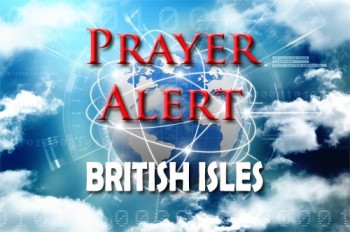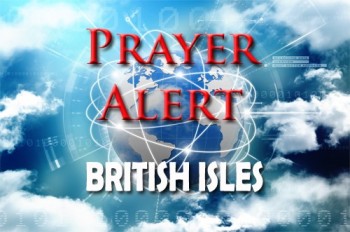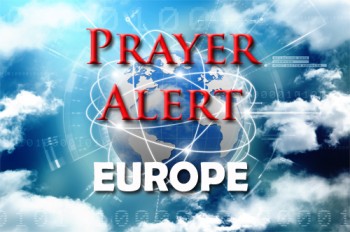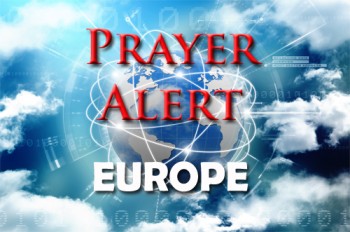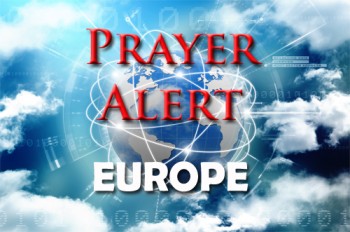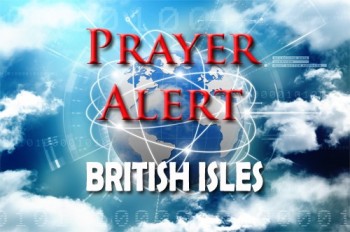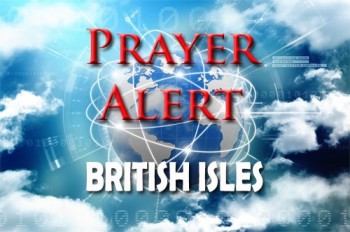Displaying items by tag: Fishing Rights
UK boat detained by France in fishing rights row
A British trawler was seized by France and another fined, in fishing rights arguments. The French checks on UK trawlers overnight are not part of the range of retaliatory actions announced in the post-Brexit row. But there is no doubt it is a message of what is to come. From 2 November British and Channel Islands fishing boats will not be allowed to offload fish at French ports. There will be intensified controls at Calais and other entry points for UK trade by ferry and tunnel. The French authorities will conduct a ‘grève de zèle’ (punctiliously looking for violations) on fish and other imports which will create long tail-backs to remind British subjects of the costs of go-it-alone. The UK government said the threat of sanctions was ‘not what we would expect from a close ally and partner’. The boat owner said his fishing activity for scallops was ‘entirely legal’.
Royal Navy ships withdraw
Two Royal Navy ships are returning home after a protest by French fishermen over post-Brexit rights in Jersey’s territorial waters ended. Sixty French boats had been blockading the port of St Helier, which is why the two warships were deployed. The fishermen said their rights were being unfairly restricted by licences issued under the new system, but after ‘positive’ discussions between the two sides they returned home. The French government expressed the hope that the dispute would be swiftly resolved and that the new trade deal would be fully implemented. Boris Johnson said he was pleased the situation had been resolved for now, but the Government is still ‘on standby’ if Jersey needs further assistance.
Barnier warns Boris over fishing and finance
Michel Barnier has warned Brexit trade talks could be plunged into ‘crisis’ if Boris Johnson puts forward more legislation that calls into question last year's divorce deal. The Brussels diplomat is worried that the Finance Bill will contain clauses that breach the terms of the Northern Ireland protocol. He was infuriated when No 10 tabled legislation that handed ministers the powers to rip up sections of the Withdrawal Agreement relating to Northern Ireland. Mr Barnier made the warning during a video call with EU27 ambassadors. At the time of writing the future UK-EU relationship is still deadlocked because of disagreements over post-Brexit fishing rights and common standards, and Downing Street has yet to decide on a timetable for publishing the Finance Bill. Talks went on late into the evening on 2 December at the business department in central London. See
Belgium: Brexit fish fight fallout
Fish are one of the main issues at the centre of Brexit negotiations. Three times a week, at 6 am, vessels return to Ostend loaded with fish for the auction. Three-quarters of the fish sold here were caught in British waters, which contain more fish than those of the North Sea. Many Belgian fishermen hope that after Brexit they’ll keep on having a good catch. Bruno Decordiar spends 60% of his time fishing solely in British waters. He’s worried that Brexit could harm his activity. ‘We are often at English ports and when we speak with British fishermen they tell us that we take all their fish,’ he said. ‘If they close the waters I'm sure we'll lose half of our income.’ Most fish landed by British fishermen are sold to the EU. A no-deal Brexit ‘fish fight’ increases competition between Europeans. If there is no fishing agreement, there will be no global trade agreement.
Brexit deadlock
Brexit talks have stalled over a series of key issues; neither the UK and EU has shown any willingness to make concessions. The future of British fisheries has remained one bone of contention since the start of the talks, as the EU continues to demand access to UK waters at the end of the transition period. Tim Bale, the deputy-director of the UK in a Changing Europe think tank, suggested Boris Johnson is unlikely to give in to EU demands because of their ‘symbolic’ importance. It’s all about the slogan that won the referendum, ‘Take back control’.
UK fishing rights in Brexit talks
Post-Brexit access to UK waters for EU fishermen is a major hurdle to a trade deal between the UK and Europe. Michel Barnier had a private dinner with UK’s Brexit negotiator, David Frost, at Downing Street on 8th July. It is believed they discussed UK’s fishing rights over a meal of halibut and asparagus. The meeting comes after it emerged Mr Barnier had told a House of Lords select committee in June that the bloc could water down its stance on fishing if the UK also agrees to compromise. The UK insists British fishing boats have priority as it pushes for a new scientific approach based on how many fish are in domestic waters. If both sides dig their heels in on their positions there will be no discussion on fisheries, and therefore no agreement on trade.
The first phase of transition
Britain has legally entered a 'transition period', and is free to pursue trade deals with other countries immediately while hammering out terms of future EU relationships. Boris Johnson said that Britain will not obey Brussels rules to get a trade deal while Brussels demands that the UK give access to fishing waters. They are on another collision course. Before trade talks can begin in earnest they must agree a negotiating mandate, spell out their red lines and be finalised by early March. Meanwhile, trade tensions rise as the UK hires more patrol boats to keep out EU fishing fleets ahead of a potential showdown over access. Pray for the 40 officials, called 'Taskforce Europe', leading negotiations for the UK. They are led by one-time business lobbyist and diplomat David Frost, who will negotiate directly with Michel Barnier. In April/May UK trade talks with the EU and other nations are expected to intensify even more. See also
Europe: control of fishing rights
On 20 March environment secretary Michael Gove told Tory MPs to 'keep their eyes on the prize' in the row over Brexit and fishing waters after the latest Europe Brexit meetings. Theresa May’s agreement to keep EU fishing policies during the transition period meant the UK had not got what it wanted from the negotiations. Control of fishing waters has been delayed. The next day protesters threw dead fish into the Thames outside Parliament, in solidarity with the fishing communities who expected to control UK waters the day it leaves the EU. The demonstrations were called environmental vandalism. Jacob Rees-Mogg said the proposal for Britain to remain in the EU's Common Fisheries Policy for almost two years after March 2019, with no say over the allocation of quotas, would not command the support of the Commons, adding he was not pleased with the transition deal but he could live with it. See http://www.bbc.co.uk/news/uk-politics-43484031
